American presidents that everyone forgets about
The annals of American history are filled with towering figures like Washington and Lincoln, but what about those presidents who often escape the limelight? These lesser-known commanders-in-chief played pivotal roles in shaping the nation.
Their stories might not be as celebrated, but each of these leaders had a significant impact on the country. Let’s delve into the lives of these overlooked presidents and discover the unique contributions they made to the United States.
James Buchanan: The Pre-Civil War President
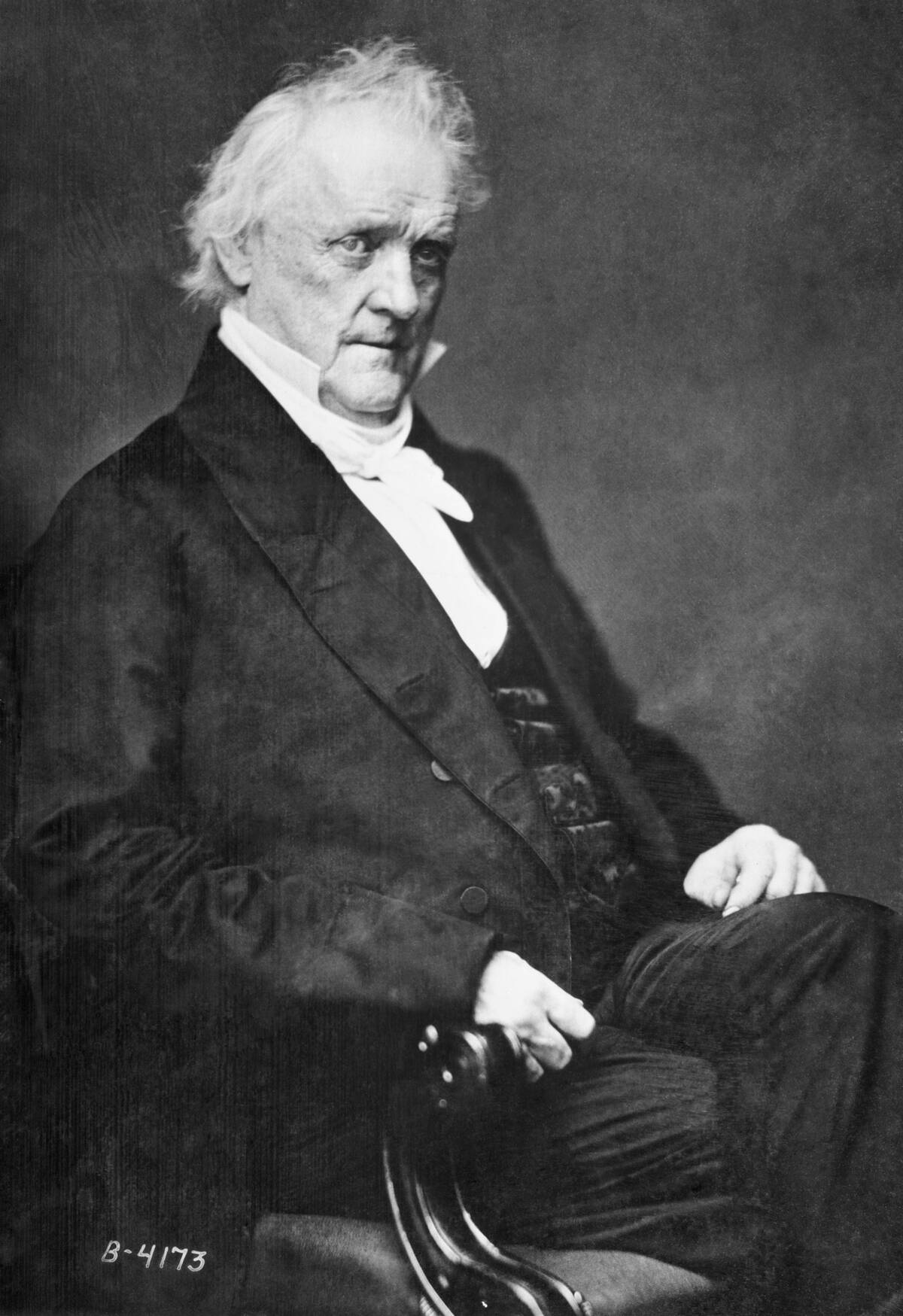
James Buchanan, the 15th president, served right before the storm of the Civil War. Known for his indecisiveness, Buchanan believed that states had no legal right to secede, yet felt powerless to stop them.
His inability to address the rising tensions between the North and South is often criticized to the point that Buchanan is often considered among the worst presidents in American history. Buchanan was a lifelong bachelor, the only president never to marry, leading to much speculation about his personal life, adding a layer of intrigue to his historical legacy.
Millard Fillmore: The Last Whig in the White House
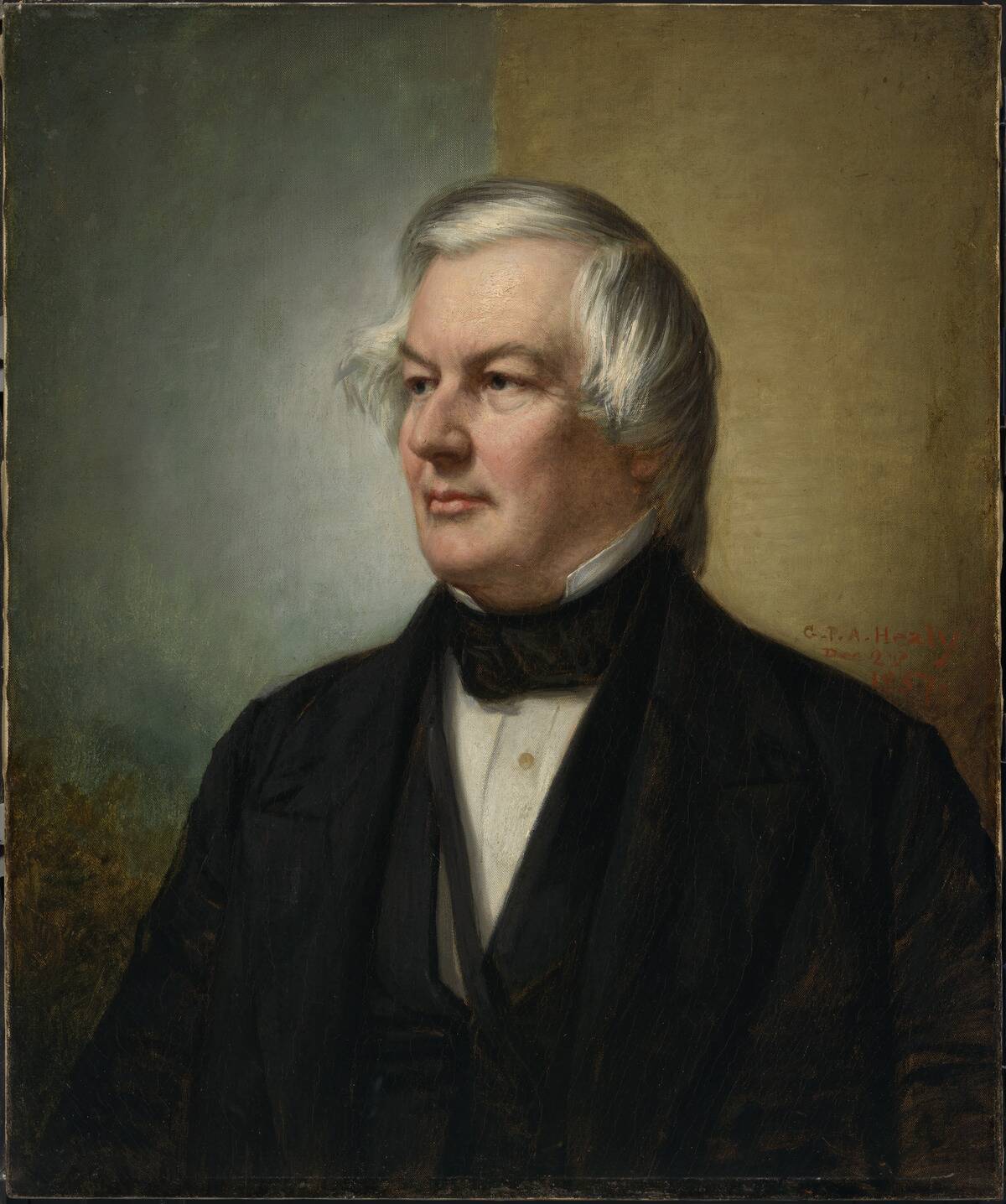
Millard Fillmore, the 13th president, was the last Whig to hold office. He assumed the presidency after the death of Zachary Taylor. Fillmore is known for signing the Compromise of 1850, which attempted to ease tensions over slavery.
Despite his efforts, the compromise only provided a temporary solution. Fillmore was a self-taught lawyer, and his rise from poverty to the presidency is a testament to his determination and resilience, though his political legacy remains mixed.
Franklin Pierce: The Quiet New Englander
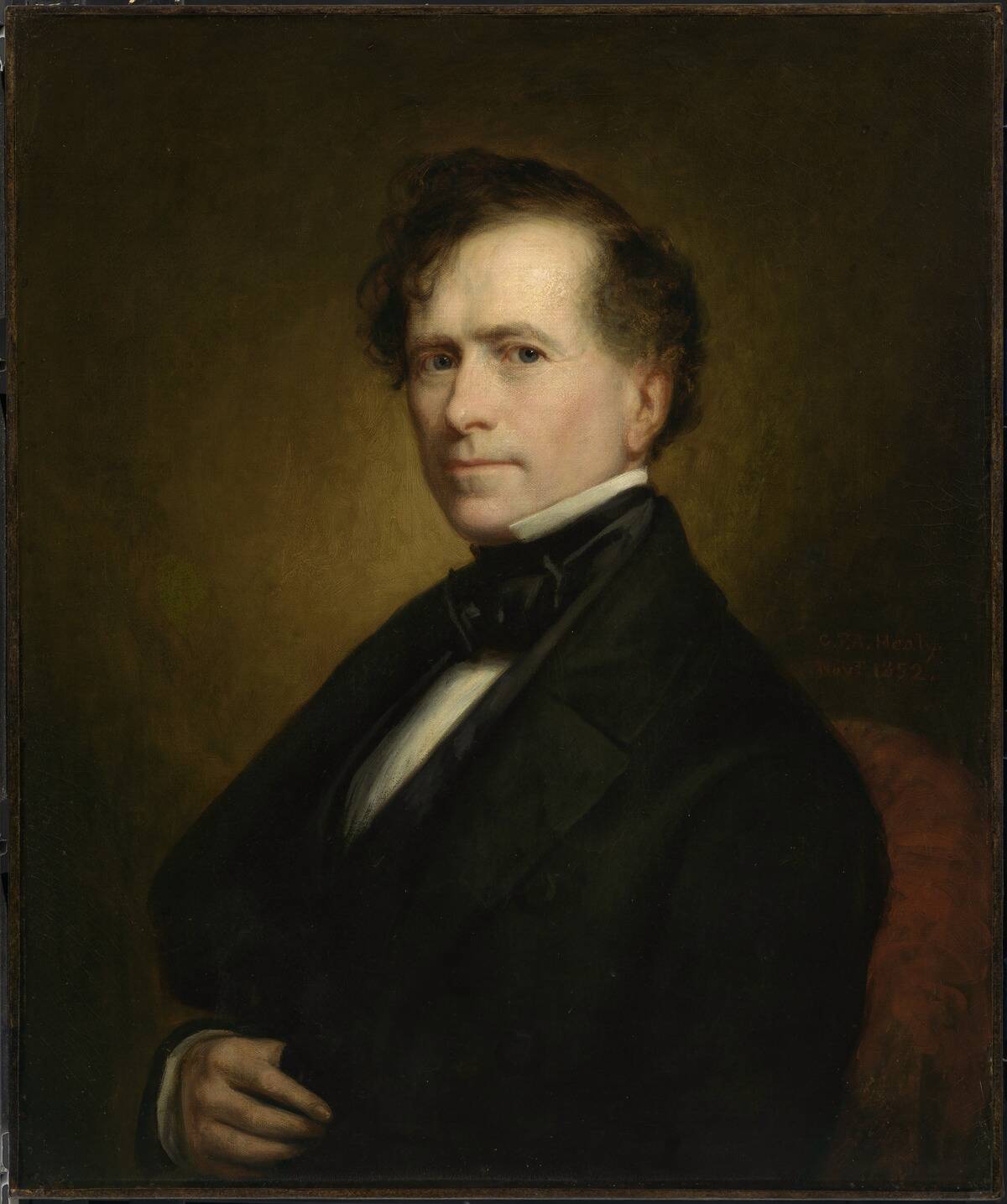
Franklin Pierce, the 14th president, hailed from New Hampshire and served during a tumultuous time in American history. His presidency saw the signing of the Kansas-Nebraska Act, which increased tensions over slavery.
Pierce struggled with personal tragedies, including the loss of his three children, which deeply affected him. Known for his charm and good looks, Pierce’s presidency is often remembered for its inability to quell the growing divide between the North and South.
Chester A. Arthur: The Unexpected Reformer
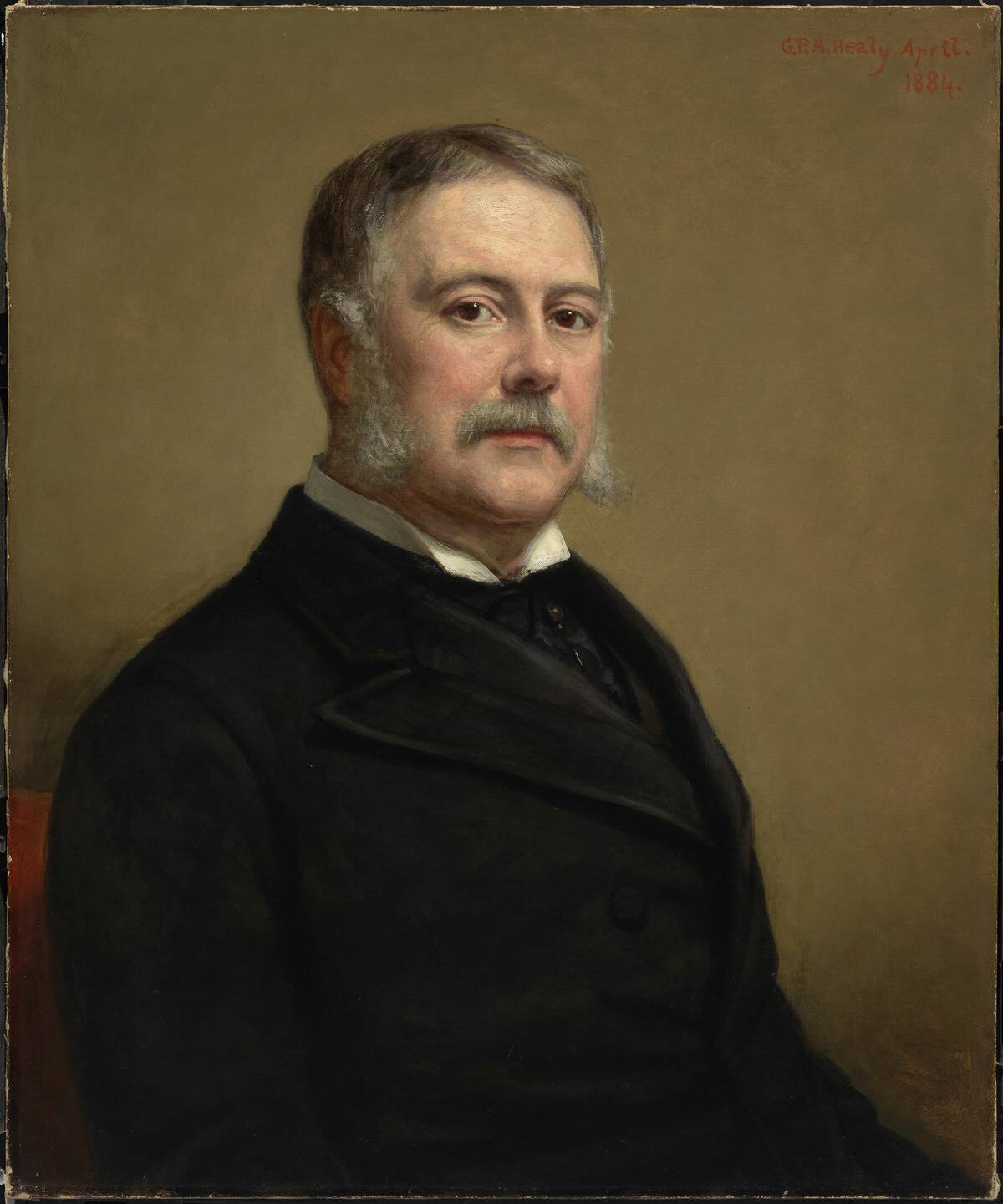
Chester A. Arthur, the 21st president, was known for his unexpected transformation from a spoils system advocate to a reformer. After President Garfield’s assassination, Arthur surprised many by supporting the Pendleton Civil Service Reform Act.
This act laid the groundwork for modern civil service by requiring government jobs to be awarded based on merit. Arthur’s change of heart reshaped his legacy, proving that even staunch political figures can embrace reform when the nation demands.
Martin Van Buren: The Mastermind Behind Jackson
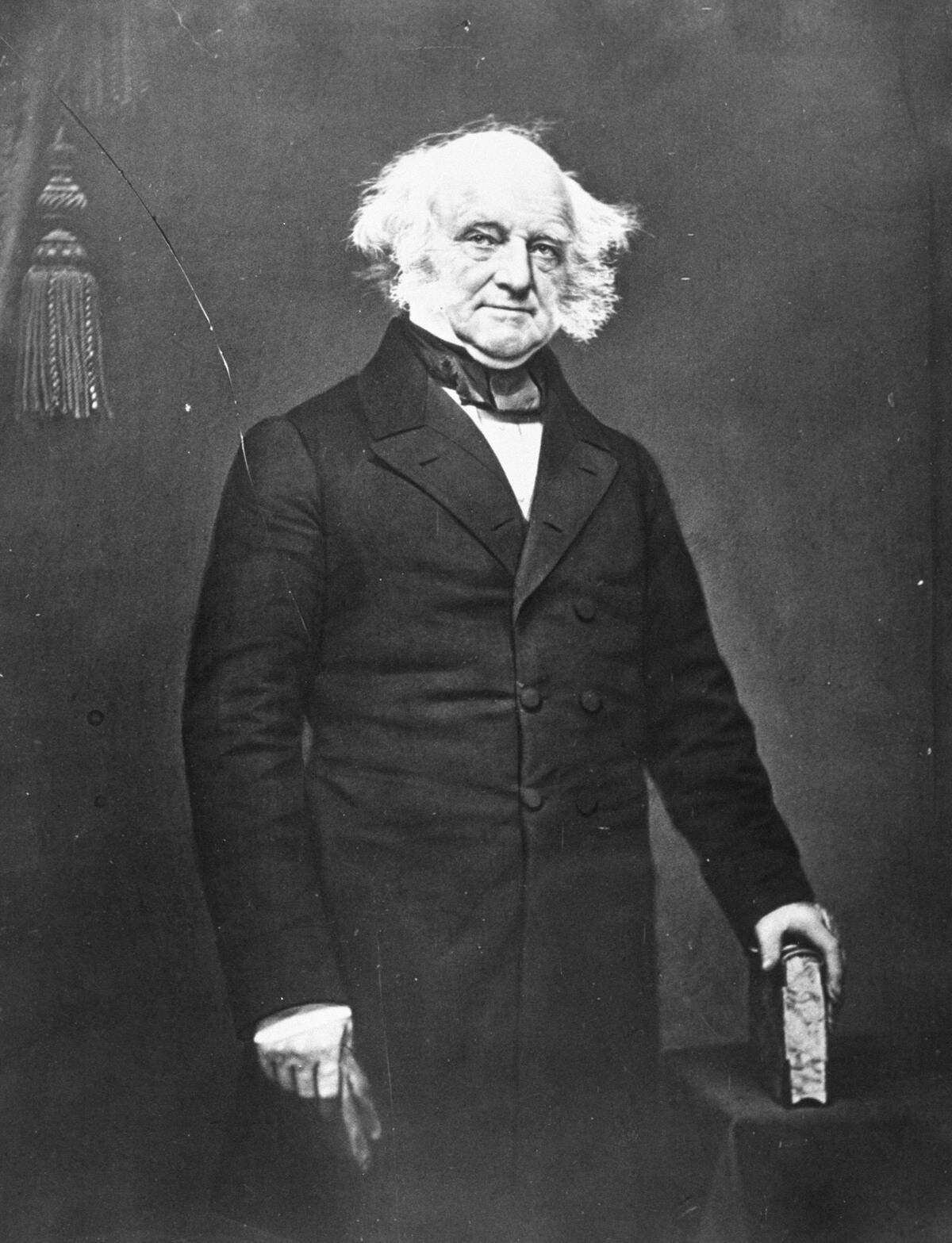
Martin Van Buren, the 8th president, was a key architect of Andrew Jackson’s Democratic Party. Known as the “Little Magician,” Van Buren was skilled in political maneuvering and party organization.
He faced economic challenges during his presidency, notably the Panic of 1837, which marred his time in office. Despite these difficulties, Van Buren’s contributions to the political landscape endured, influencing the development of modern political parties and campaigning in the United States.
John Tyler: The President Without a Party
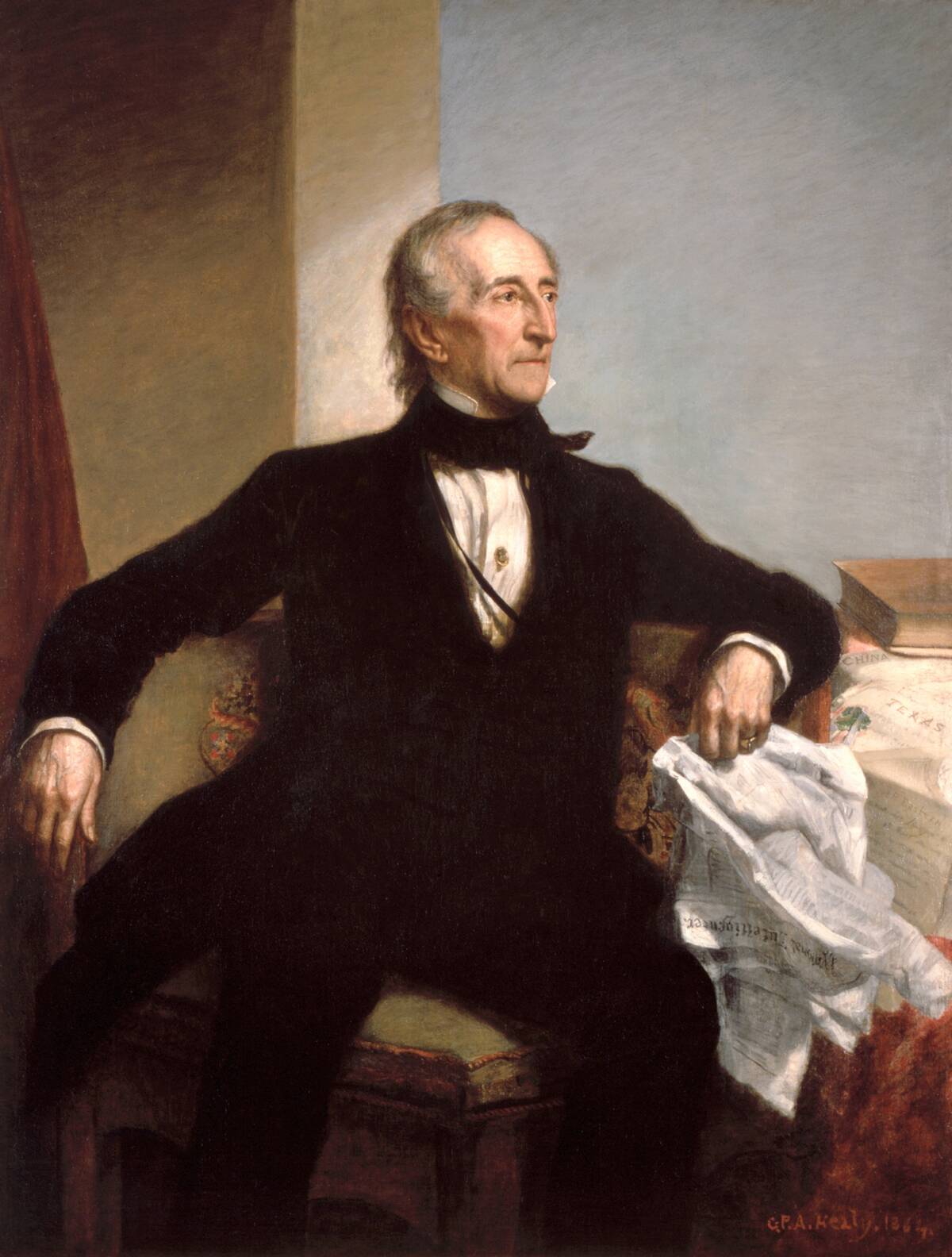
John Tyler, the 10th president, found himself without a party after clashing with the Whigs who had elected him. Tyler’s decisive action in annexing Texas set the stage for the Mexican-American War.
His presidency was marked by a commitment to states’ rights, often putting him at odds with Congress. Despite his party-less status, Tyler’s influence was felt, particularly in foreign affairs, although his legacy remains a contentious subject among historians.
Rutherford B. Hayes: The Election Controversy of 1876
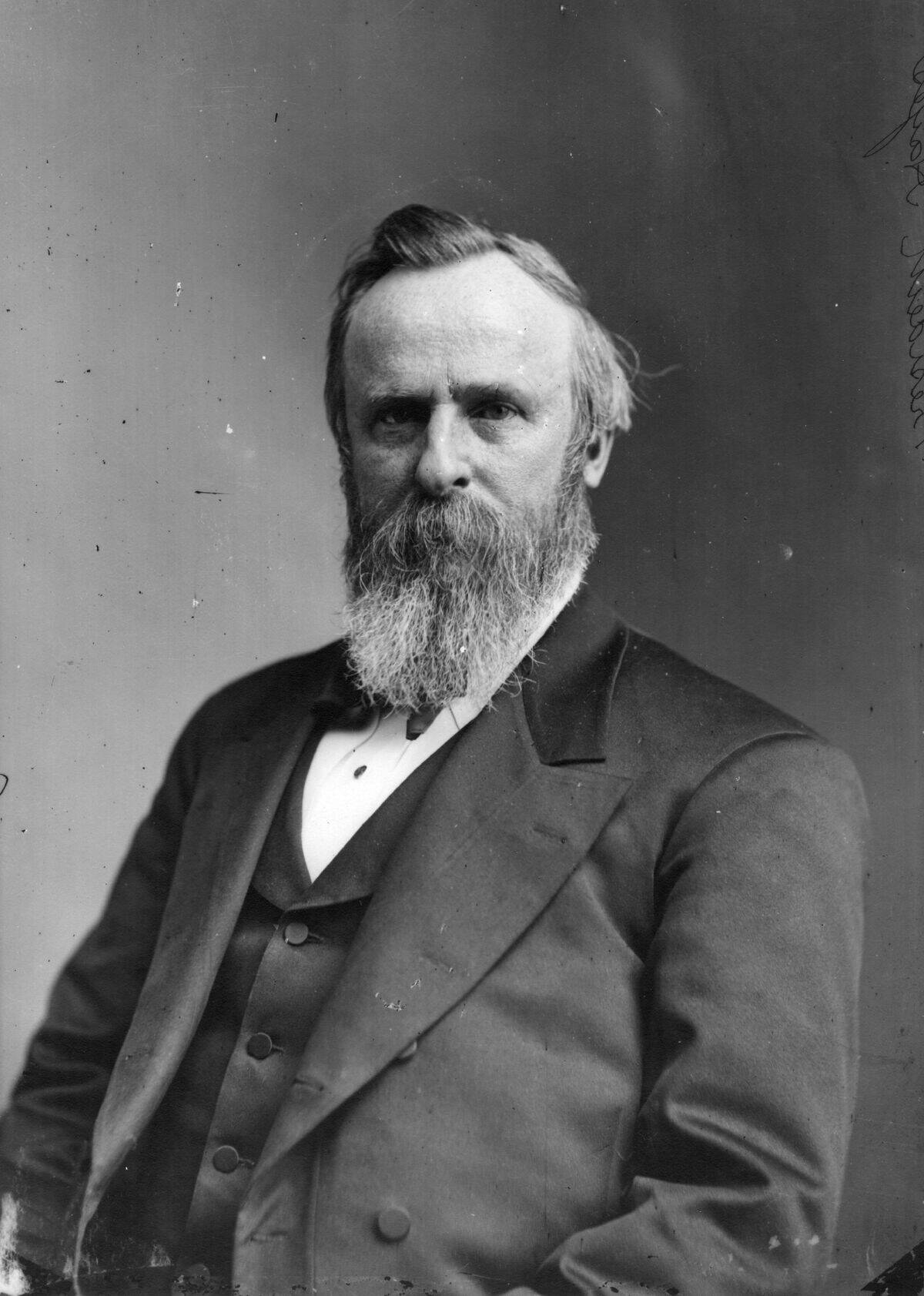
Rutherford B. Hayes, the 19th president, is best known for winning one of the most disputed elections in U.S. history. The Compromise of 1877 ended the deadlock, making Hayes president in exchange for withdrawing federal troops from the South.
Hayes emphasized civil service reform and attempted to reconcile the divisions from the Civil War. Despite his controversial ascent to power, his efforts to promote fairness and integrity in government laid important groundwork for future reforms.
Benjamin Harrison: The Centennial President
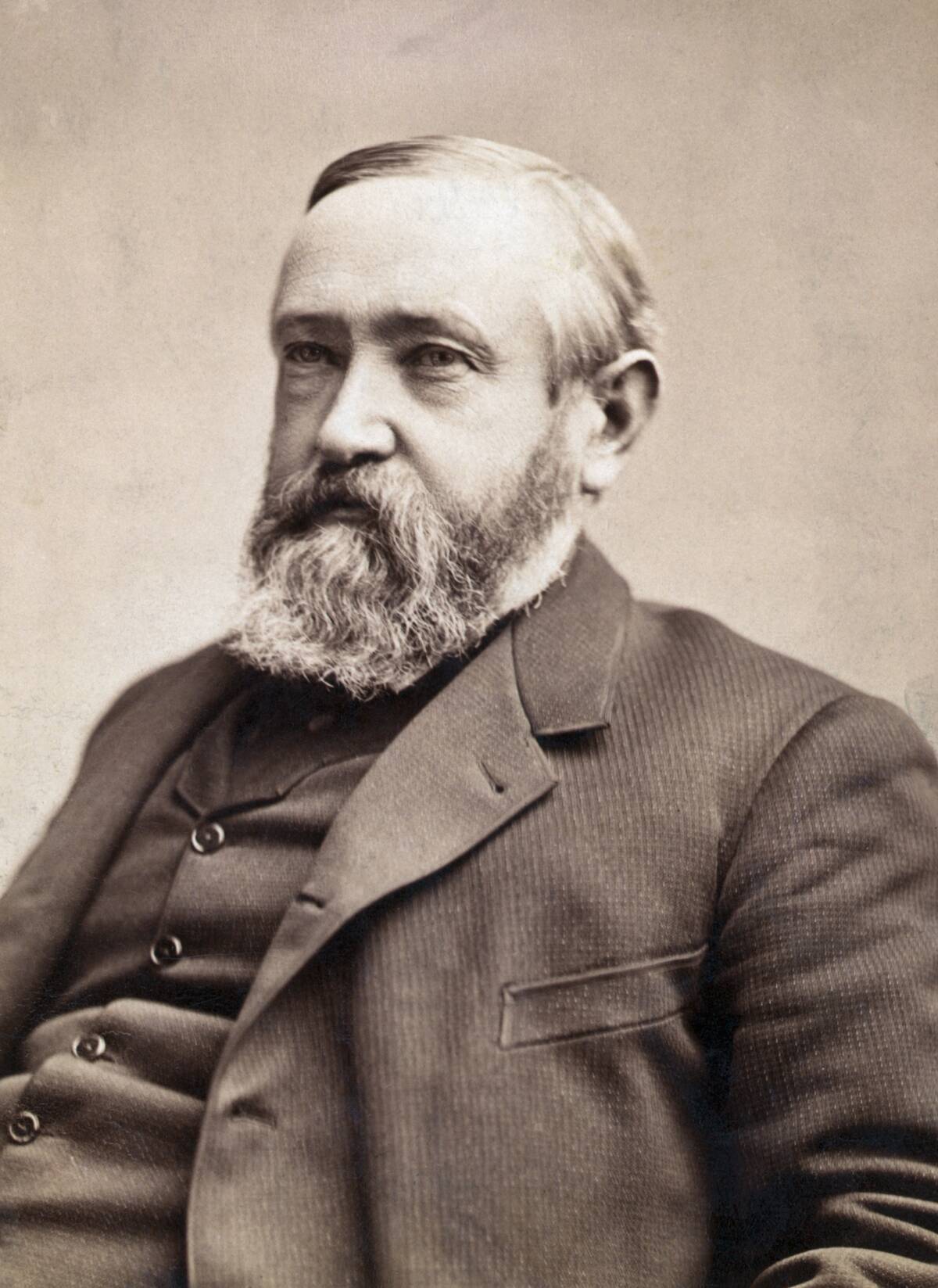
Benjamin Harrison, the 23rd president, oversaw the nation’s 100th anniversary of the Constitution. His administration is noted for the Sherman Antitrust Act, aimed at curbing monopolies and promoting fair competition.
Harrison was a proponent of civil rights, advocating for federal education funding and voting rights protections. Although his policies were ahead of their time, Harrison faced political opposition, making it challenging for his initiatives to gain traction during his presidency.
Calvin Coolidge: The Silent Cal
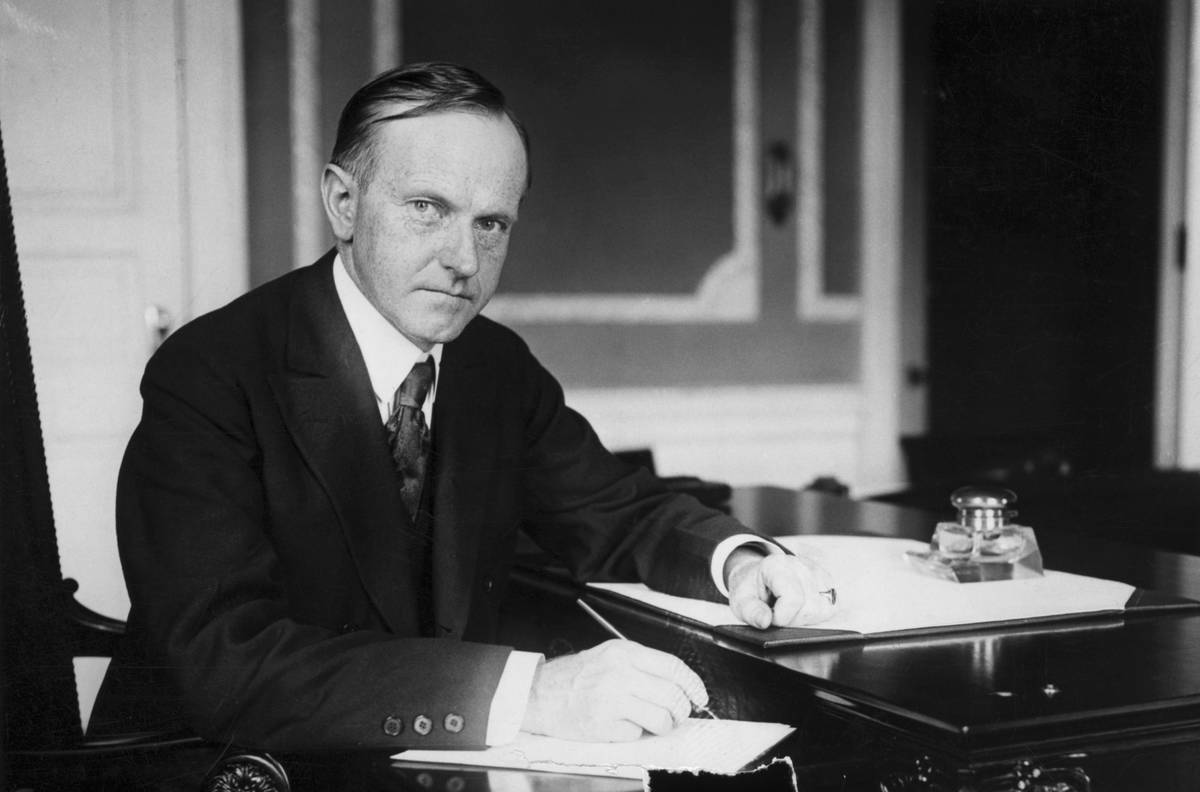
Calvin Coolidge, the 30th president, earned the nickname “Silent Cal” for his quiet demeanor. He believed in limited government and laissez-faire economics, which defined the Roaring Twenties.
Coolidge’s presidency focused on reducing taxes and the national debt, reflecting his belief in fiscal restraint. Despite his reserved nature, Coolidge’s policies contributed to the economic boom of the era, though some argue they also set the stage for the Great Depression.
Zachary Taylor: The General Turned President
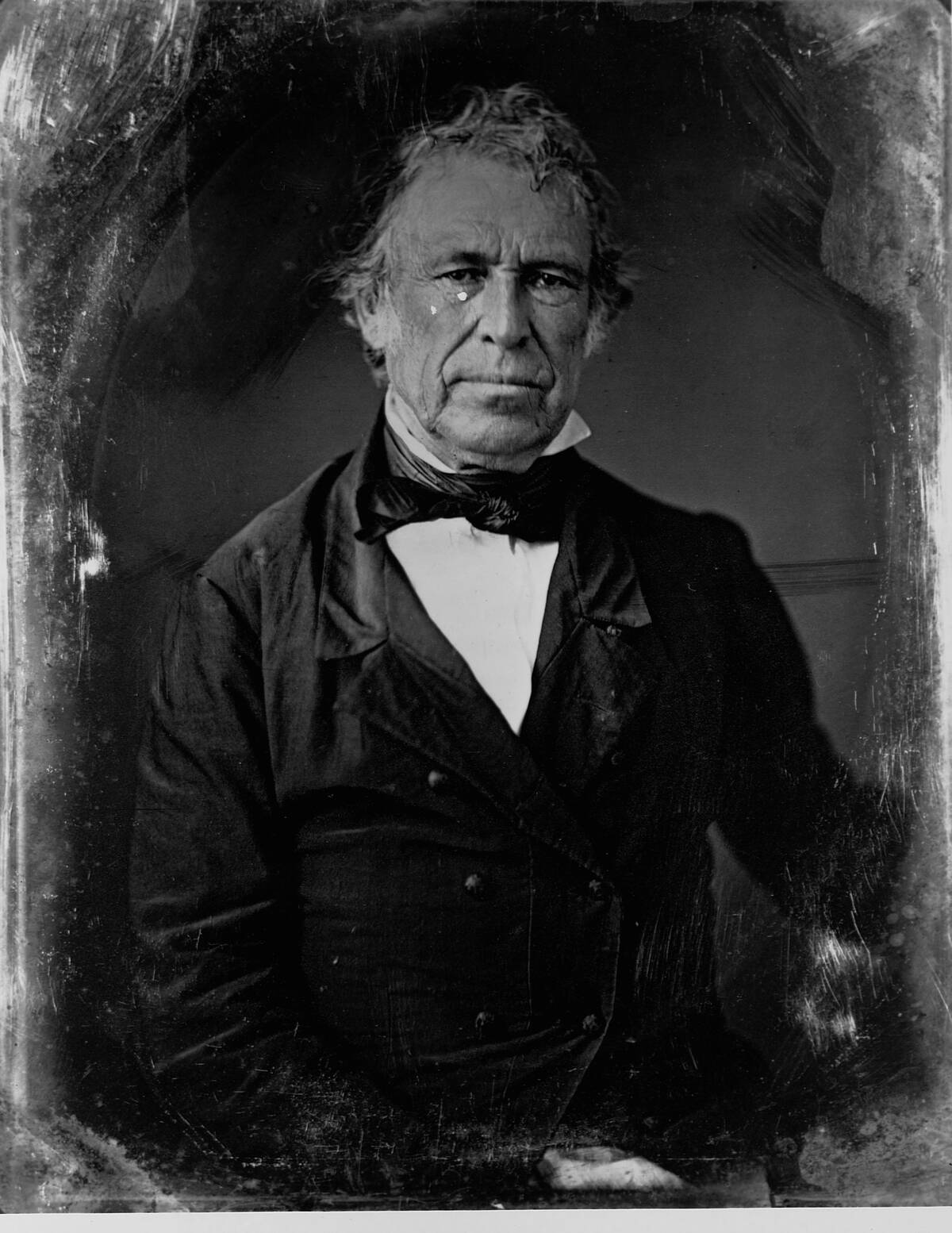
Zachary Taylor, the 12th president, was a career military officer before entering politics. Known as “Old Rough and Ready,” Taylor gained national fame from his victories in the Mexican-American War.
His presidency was brief, lasting only 16 months before his sudden death. Taylor opposed the expansion of slavery into new territories, a stance that angered many in the South. Despite his short tenure, Taylor’s military success and stance on slavery left a lasting imprint on the nation.
William Henry Harrison: The One-Month President
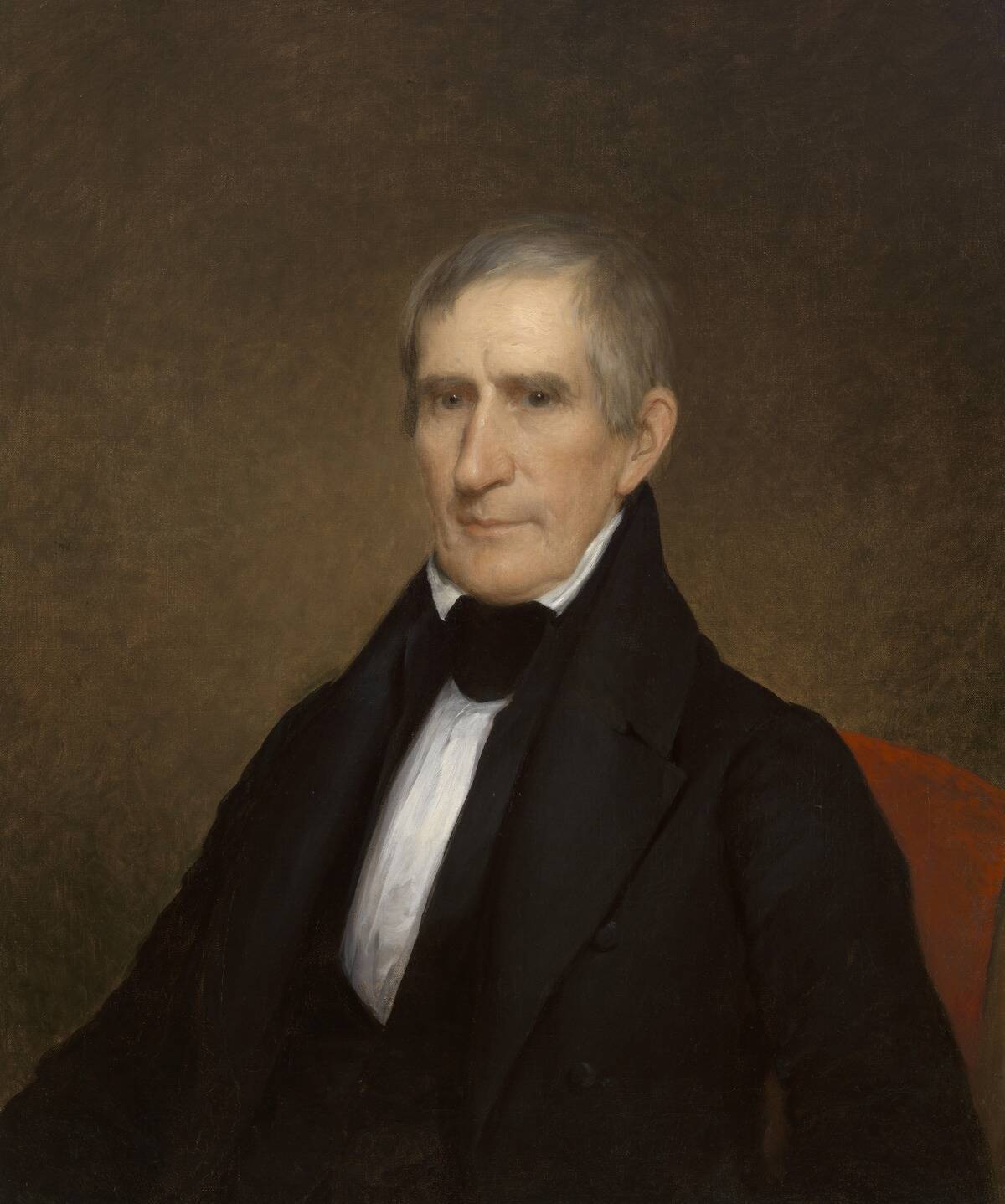
William Henry Harrison, the 9th president, holds the record for the shortest presidency, lasting only 31 days. He died of pneumonia, believed to have been contracted during his lengthy inaugural address in cold weather.
Prior to his presidency, Harrison was a war hero, known for his leadership in the Battle of Tippecanoe. His untimely death led to a constitutional crisis regarding presidential succession, indirectly leading to the 25th Amendment, which clarified the line of succession.
Warren G. Harding: The Scandal-Plagued Leader
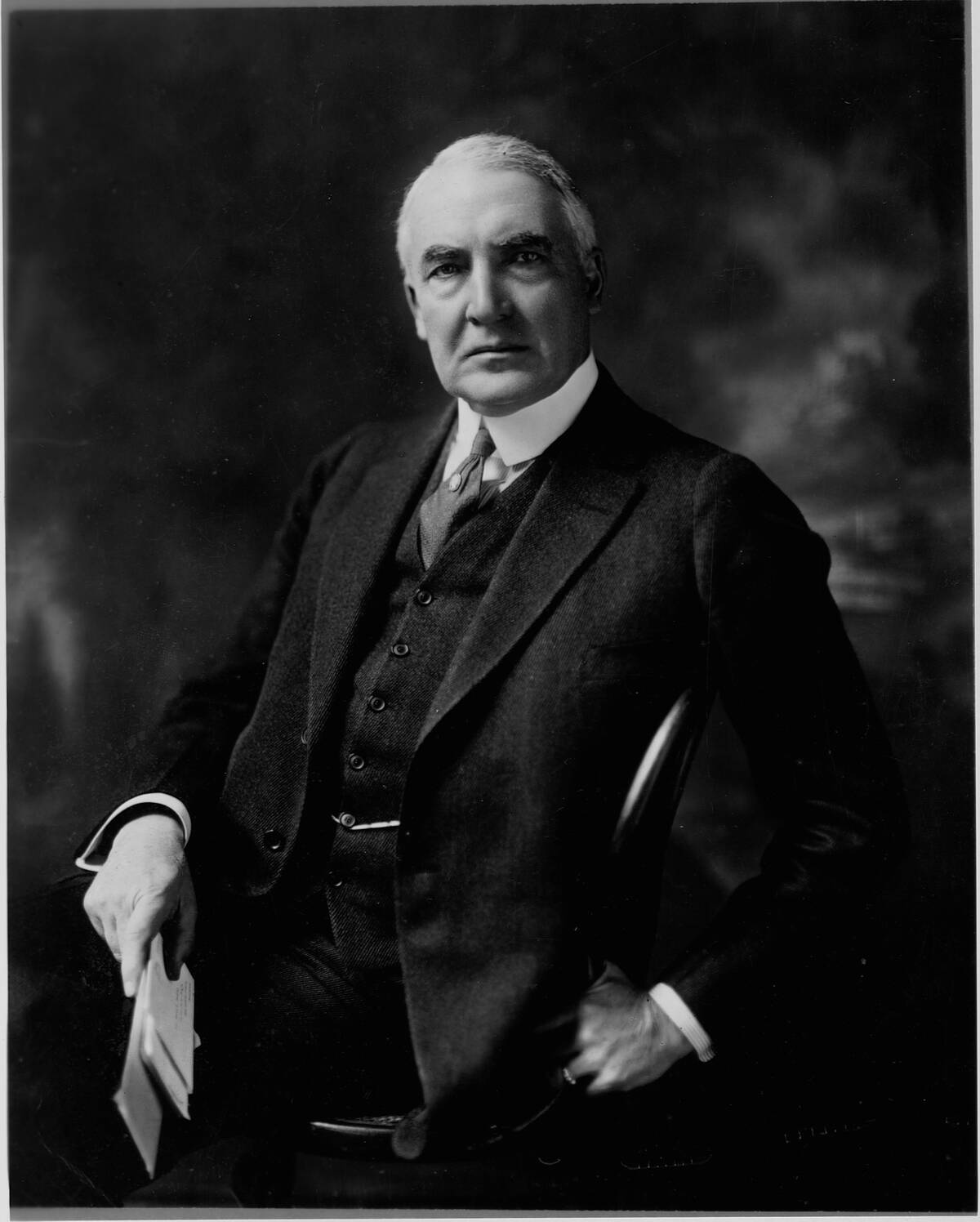
Warren G. Harding, the 29th president, is often remembered for the scandals that marred his administration, most notably the Teapot Dome scandal. Despite his administration’s corruption, Harding was popular during his presidency, advocating for a “return to normalcy” after World War I.
He also supported civil rights and women’s suffrage, though his efforts were overshadowed by the misconduct of his cabinet members. Harding’s sudden death in office left a mixed legacy, both celebrated and tarnished.
Herbert Hoover: The Great Depression’s Early Years
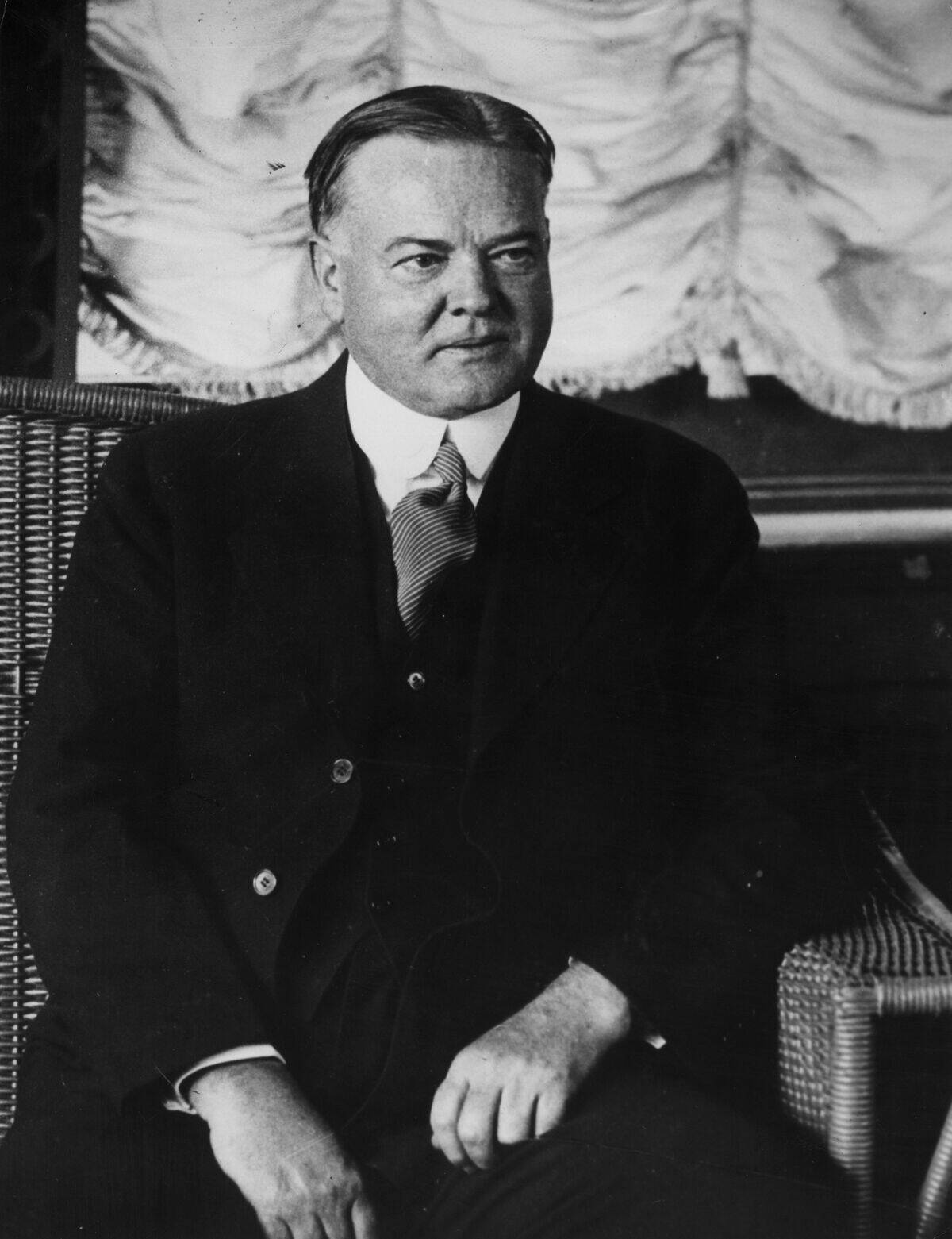
Herbert Hoover, the 31st president, faced the Great Depression’s onset shortly after taking office. Despite his reputation as a successful engineer and humanitarian, Hoover struggled to address the economic collapse.
His policies, often seen as ineffective, were unable to stem the rising tide of unemployment and poverty. Hoover’s belief in individualism and limited government intervention shaped his response, but it was Franklin D. Roosevelt’s New Deal that eventually brought relief to the nation.
James K. Polk: The Manifest Destiny Advocate
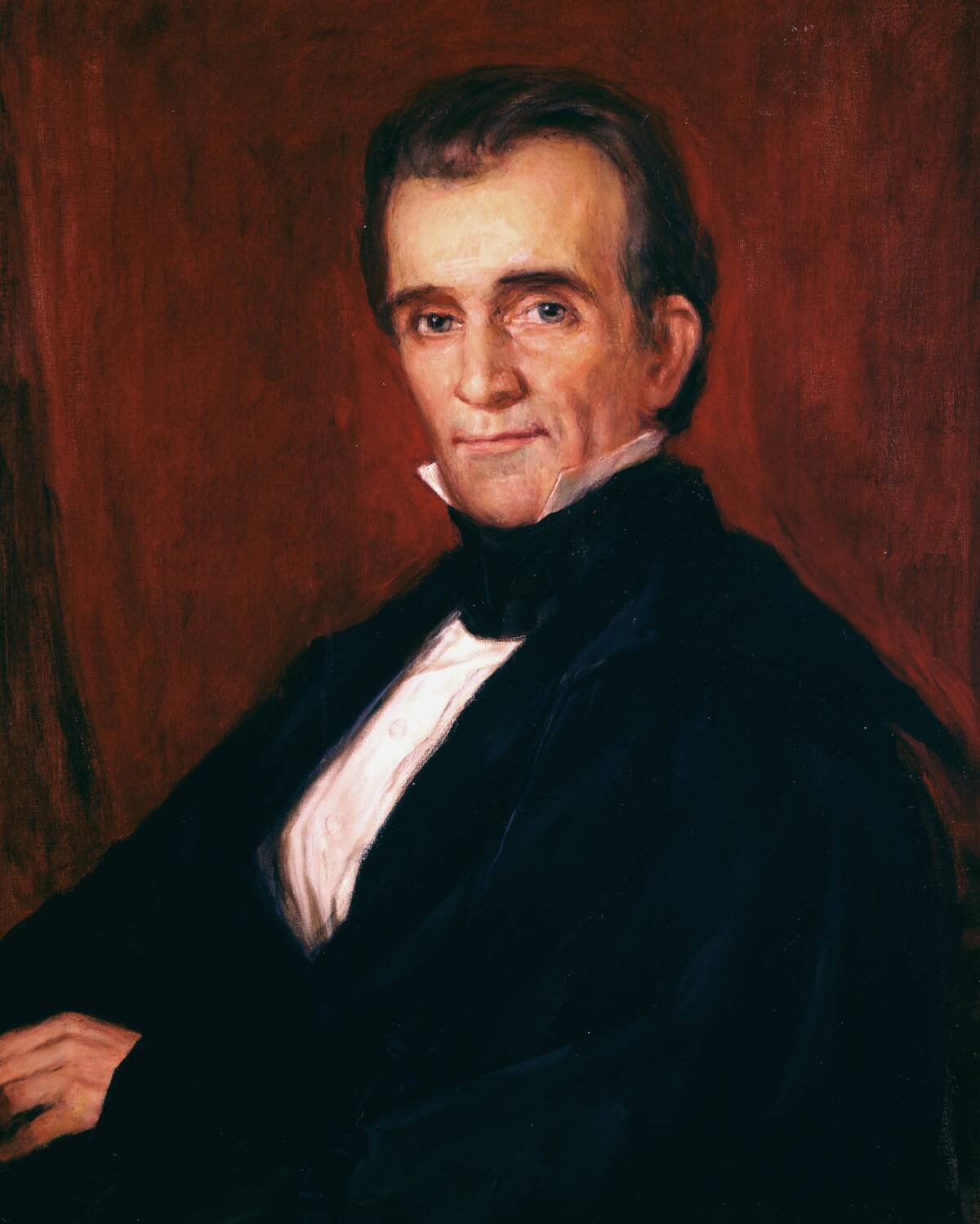
James K. Polk, the 11th president, is best known for his role in expanding the United States’ territory. His strong belief in Manifest Destiny led to the annexation of Texas and the acquisition of Oregon, California, and New Mexico.
Polk achieved all his goals in a single term, refusing to seek re-election. His expansionist policies significantly shaped the nation’s landscape, although they also exacerbated tensions over slavery, setting the stage for future conflicts.
Grover Cleveland: The Non-Consecutive Terms President
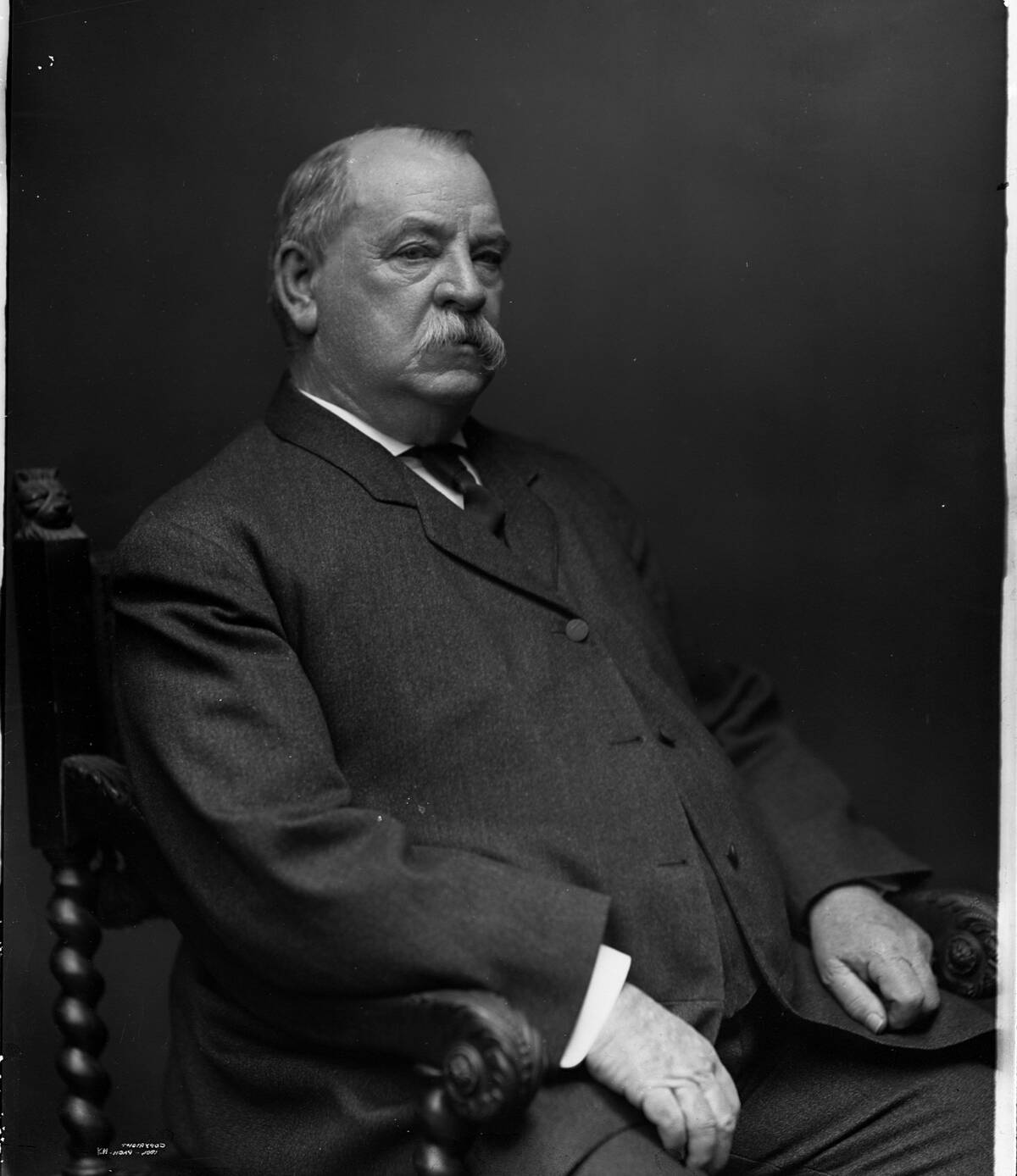
Grover Cleveland, the 22nd and 24th president, was the first U.S. president to serve two non-consecutive terms. Known for his integrity, Cleveland was a fiscal conservative who fought against political corruption.
His presidency was marked by his use of veto power and efforts to reduce tariffs. Despite losing his re-election bid in 1888, Cleveland made a comeback in 1892. His unique achievement of non-consecutive terms highlights his enduring influence and the respect he commanded among voters.



